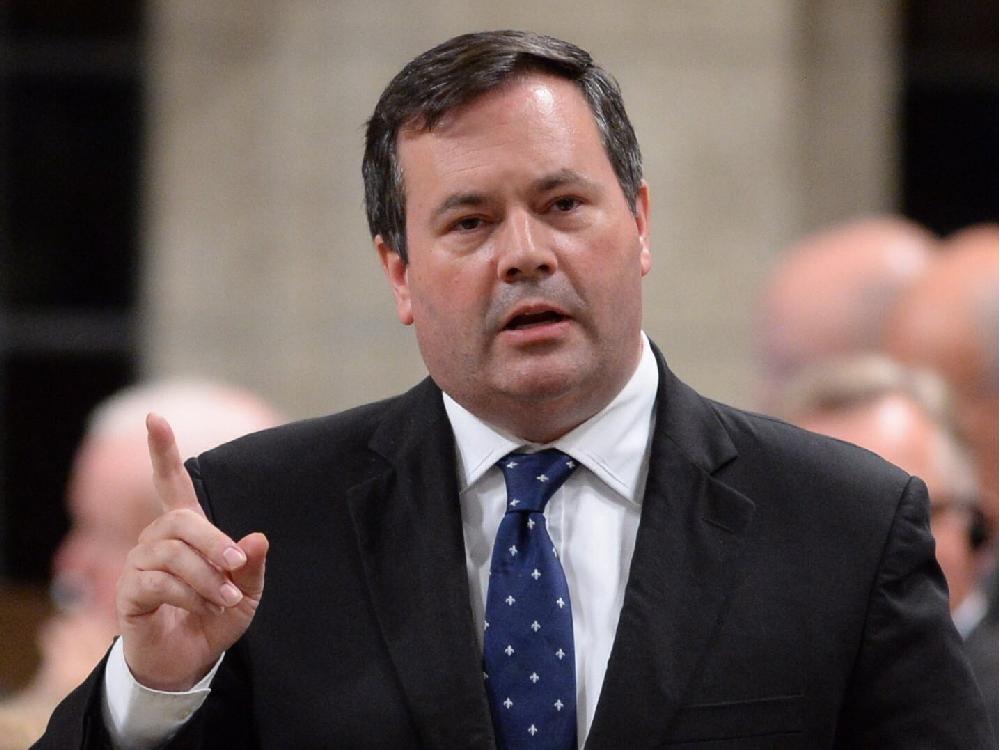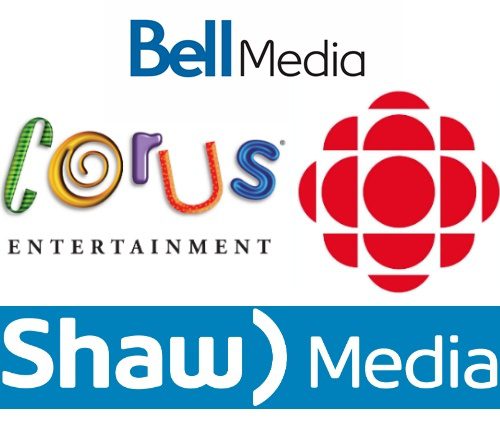In the week since the Trans Mountain expansion decision came down from the Federal Court of Appeal, there has been no shortage of boneheaded suggestions coming forward as to just how the government should respond in order to get the pipeline back on track. Daily, we're getting all manner of unsolicited advice as to how to "fix" the situation, pretty much all of it either unworkable, untenable, or unrealistic. And worse, some of the rhetoric that accompanies these terrible suggestions hints at darker motives and warning signs about the state of our democracy.
So just what kinds of "fixes" are being floated? The one that everyone seems fixated on in the past few days has been a legislative solution that somehow, Parliament can pass a bill that will make this all just go away in an expeditious manner. We've seen Alberta's Independent Senator Doug Black insist that his bill to declare the pipeline to be in the national interest will do something to get things moving except it won't. Aside from the bill creating a constitutional headache with declaring the project to be in federal jurisdiction when it already is (essentially declaring a federal project to be provincial in order to re-declare it federal), the fact that it would declare the project to be in the national interest does absolutely nothing to fulfil the requirements laid out by the FCA. Nothing about the ruling is saved by a declaration of national interest. Nothing nor would Black's suggestion of imposing a four-month deadline on the work the NEB completing the deficient part of the report or redoing the Phase III consultation with Indigenous communities especially as that was a six-month timeline that the FCA had no problem with.
There have been others, Alberta premier Rachel Notley among them, who think that recalling Parliament a week early to pass a bill to retroactively remove the scope from the NEB's enabling legislation to simply do away with the marine safety portion that the FCA found lacking is a big of a mug's game. While retroactive legislation is always a theoretical possibility, it's very, very tricky to do properly particularly for governments who are trying to get around their own laws for their own benefit. It invites a hell of a lot of litigation that is, if you can get it passed through Parliament in an expeditious manner, and on an issue like this, I would expect filibusters, legislative hijinks, and a recalcitrant Senate with enough senators who would have a big problem with a government that is trying to skirt its obligations.
Speaking of litigation, the demand that the government appeal the decision to the Supreme Court of Canada still hasn't identified an error of law that needs to be corrected, but some voices have insisted that the Court needs to weigh in on just what constitutes an adequate duty to consult. I'm less convinced about that we have a body of case law now that does spell it out, and what's in this decision merely reiterates the principles. It does not "move the goalposts," as pipeline boosters have claimed. Part of the problem is that for a pipeline project, it's a much more difficult job because there are so many more affected Indigenous communities than a localized project, and while there is every indication in the judgment that both Kinder Morgan and the government did better than previous proponents and governments have, they didn't go the final mile, which is what counts.
Which brings me to the bigger and more important point in all of this, which is that these same voices who are grousing about the Federal Court's decision, no matter that it has economic consequences for Alberta (and Canada) are agitating against the rule of law, which is troubling. Trying to cast the courts as being illegitimate players because they are applying the law when it comes to either protection of the environment or the rights of Indigenous communities is a very dangerous game in a democracy especially when it comes from parties who are supposed to be on the side of the rule of law.
Even worse are certain bad actors, Jason Kenney among them, who have decided that they will try to capitalize on the frustration around the decision by stoking the flames of Alberta separatism which is probably the stupidest idea of them all. If anyone thinks that they will have an easier time getting a pipeline over international borders to tidewater than they do over provincial ones particularly when the Court's conditions are not insurmountable and are in fact designed to be anything but is probably huffing something. And no, creating some kind of Western bloc that includes Manitoba won't mean you'll get product to tidewater through the Port of Churchill, considering that it's only open during the summer months. And it's utterly astounding that people like Kenney are inflaming this nonsense in an attempt to score a few cheap political points.
These darker impulses we're seeing here, trying to provoke anger at the judiciary for upholding the rule of law, or at the rest of Canada with an inflated sense of grievance, makes me worry that there are those who are willing to try to undermine our democracy in order to make a few marginal gains. And while the Conservatives will often snicker and bring up Trudeau's gaffe about saying he admired China's basic dictatorship for being able to turn their economy on a dime for green projects, increasingly we see them holding that admiration in substance if not in form as they demand that laws and courts get out of their way in order to get through the projects that they want to see happen. More than anything, all of these dumb and authoritarian ideas are all predicated around the fact that none of them seems to want to roll up their sleeves and finish the job that the Court provided a roadmap for them to follow work that should have been done but was begged off for the sake of expediency. If they'd just done it in the first place, we wouldn't be here, listening to boneheaded suggestions that won't get the job done.








